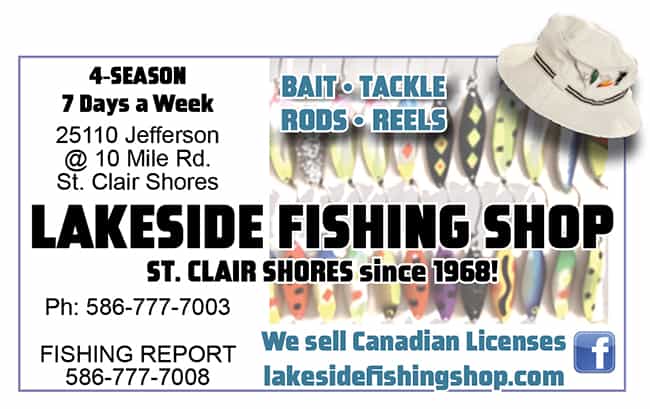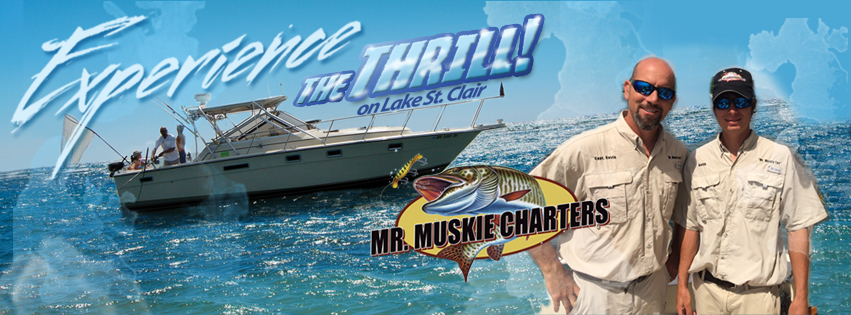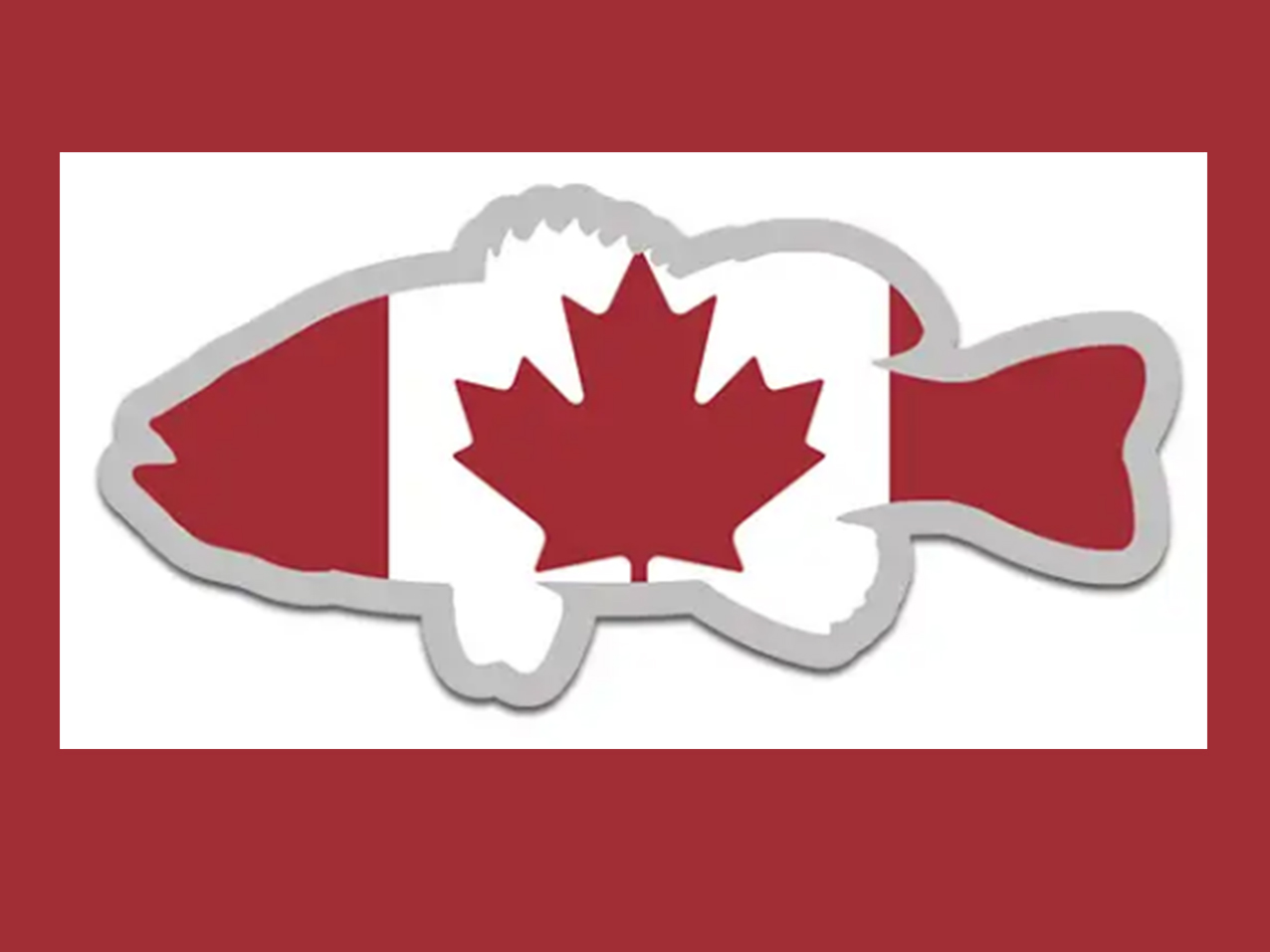
Fishing / Boating Canada on Lake St. Clair for U.S Citizens UPDATE
As of January 01, 2023 – Boating Lake St. Clair into Canada Waters Rules & Regulations are updated for this year’s fishing season. Reporting requirements, law regarding alcohol on your boat, COVID-19 testing requirements, fishing license, and more can be found using the links below.
COVID-19: Travel, testing and borders – Return or travel to Canada
For all travellers entering Canada by air, land or marine mode:
- Proof of COVID-19 vaccination is not required
- Pre-board testing is not required, except:
- COVID-19 pre-entry and arrival tests are not required
- Quarantine after you enter Canada is not required
- Using ArriveCAN is not required, but
- to save time at the border, you can use the ArriveCAN customs and immigration feature to complete your declaration in advance if you’re flying into a participating international airport
- Pre-boarding tests for cruise passengers are not required
- As always, travel documents are required
- Health checks to board planes and trains are not required
- Wearing masks on planes and trains is not required
- It’s strongly recommended that you wear a well-constructed and well-fitted mask or respirator while you travel
If you have symptoms of COVID-19, you shouldn’t travel to Canada.
If you feel sick or experience any symptoms of COVID-19 during your travel to Canada or upon arrival, you should:
- inform the flight attendant, cruise staff or a border services officer upon arrival. You may be referred to a Quarantine Officer for a health assessment and further direction.
- avoid taking public transportation
- check provincial or territorial requirements for what you need to do if you’re symptomatic or have tested positive for COVID-19
Reporting requirements for private boat operators entering Canada from the U.S. was updated by Canadian authorities October 21, 2022.
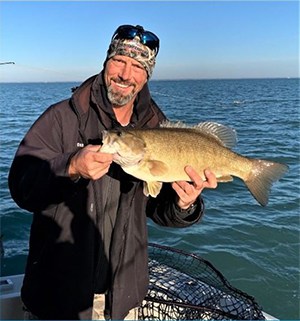
Reporting requirements for private boat operators Canada
This section summarizes important information for private boaters who are navigating Canadian waters or seeking to enter Canada by boat.
Reporting exceptions:
Foreign – U.S. Boaters:
If you enter Canadian waters, you are not required to present yourself and report your goods to the CBSA if you:
- do not land on Canadian soil and do not anchor, moor or make contact with another conveyance while in Canadian waters
- do not embark or disembark people or goods in Canada
If at any point during the transit you come to port, anchor, moor or make contact with another vessel, you must report to the CBSA immediately
You may do so by calling the TRC using a cell phone from your location in Canadian waters if you meet all of the other conditions for an exception.
You must report restricted and prohibited goods on board, such as firearms, to the CBSA and obtain the necessary permits (if required), even if you meet the conditions for a reporting exception. Undeclared restricted and prohibited goods found on board will be seized and you could face criminal charges.
Under Canadian immigration law, foreign nationals, including passengers on board commercial passenger conveyances, are required to always carry proper identification and a valid visa (if necessary) for entry in Canada.
For more information, visit the Reporting exceptions page.
Canadian boaters returning to Canada
If you leave and re-enter Canadian waters, you are not required to present yourself and report your goods to the CBSA if you:
- did not land outside Canada and did not anchor, moor or make contact with another conveyance while outside of Canadian waters
- did not embark or disembark any people or goods while outside Canada
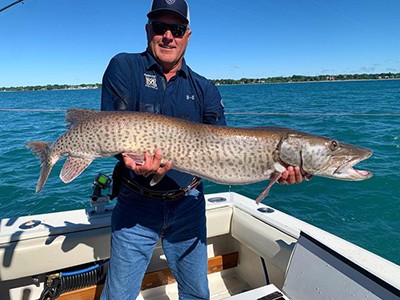
Reporting options
Telephone Reporting center
At an open marine reporting site, follow the instructions posted on location to contact the CBSA’s Telephone Reporting Centre and request clearance to enter Canada.
Toll free: 1-888-226-7277
Only the operator may leave the boat to place the call. Everyone else must remain onboard until the CBSA authorizes entry.
Direct reporting sites for marine private vessels:
Report directly in-person at one of the open designated marine reporting site locations, staffed by the CBSA.
Passenger groups of 30 or more entering Canadian waters, you cannot be cleared by telephone upon arrival. You may seek clearance at a direct reporting site for marine reporting site.
You must notify the CBSA at least 72 hours before you arrive in Canadian waters in writing, including:
- the details of your arrival
- a request for CBSA clearance
For more information, contact:
Border Information Service (BIS):
Toll free: 1-800-461-9999
Making a report
- the reasons for your trip
- passenger information
- goods to declare
Information to provide: Canadian citizens, permanent residents and persons registered under the Indian Act
You must present the following to the border services officer upon entry:
- full name, date of birth and citizenship
- the length of absence from Canada
- acceptable identification
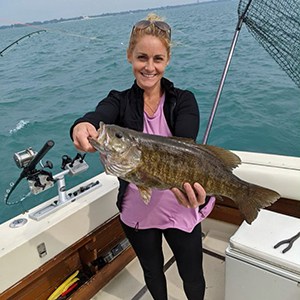
Information to provide: Foreign nationals
You must present the following to the border services officer upon entry:
- full name, date of birth and citizenship
- length and purpose of the stay in Canada
- destination
- acceptable identification
- visa information, if applicable
Declarations for all passengers
All passengers must declare:
- any goods being brought into Canada, including restricted and prohibited goods
- currency or monetary instruments totaling CAN$10,000 or more.
Restricted and prohibited goods include, but are not limited to:
- firearms and weapons
- food, plants, animals and related products
- explosives
- fireworks
- ammunition
- cannabis (marijuana) in any form – without a permit, including any oils that do not contain THC or cannabidiol
- Alcohol Beverages on board
Undeclared restricted and prohibited goods found on board will be seized and you could face criminal charges.
Note: Residents of Canada must also provide details about any repairs or modifications made to goods, including the boat, while these items were outside Canada.
More information
CBSA report number and secondary inspection
A border services officer will determine whether further verification or examination is needed. If you do not need further verification, the officer will provide you with a report number. If a secondary inspection is necessary, the officer will advise you to remain at the inspection site, or to go to one if you are reporting from the water, and to ensure that all goods and passengers remain onboard. The border services officer who conducts the secondary inspection will provide you with the report number.
Failure to report
The CBSA and its law enforcement partners are actively monitoring Canadian waterways. Failure to report to the CBSA may result in detention, seizure or forfeiture of your boat and/or monetary penalties.
If you fail to report, even if your purpose is non-discretionary (non-optional) such as to refuel, you may face severe penalties. The minimum fine for failing to report to the CBSA upon entry to Canada is CAN$1,000.
Failure to report may also affect your immigration admissibility and ability to re-enter Canada in the future.
Foreign nationals who provide false information could also be denied entry and be banned from returning to Canada.
Faster processing with the NEXUS program
All travellers, including NEXUS members, are subject to strict screening and security measures by the CBSA’s border services officers. NEXUS members are required to call the NEXUS marine reporting number at least 30 minutes (minimum) and up to four hours in advance of their arrival in Canada to provide advance notification of arrival and to allow for expedited processing. All persons on board must be NEXUS members in order to take advantage of NEXUS reporting procedures. For more information on NEXUS reporting procedures visit NEXUS – Marine.
Planning a Boating event
International/cross-border boating events are coordinated by the Special Events section at the CBSA Headquarters and the local CBSA office where the event is to take place. If you are organizing a boating event, you must contact the local CBSA office in your area as far in advance as possible and request that arrangements be made to accommodate the clearance of participants in your event. You may be required to provide details of your event and information about its participants to help with CBSA processing.
Alcohol on Your Boat in Canada
When it comes to containers of open alcohol on boat in Ontario, the following must apply:
- Your boat must have a permanent toilet. It must also have permanent sleeping and cooking facilities.
- It must also be anchored or otherwise secured to a dock. Houseboats and larger vessels will meet these requirements, but smaller ones are not likely to have those features.
To ensure you remain within the limits of the law, take a look at this provision in Ontario’s Liquor License Act:
“Sec. 32 (3) No person shall operate or have care or control of a boat that is underway while there is contained in the boat any liquor, except under the authority of a license or permit.
Sec.32 (4) Exception-Subsection (3) does not apply if the liquor in the boat, (a) is in a container that is unopened and the seal unbroken, (b) is stored in a closed compartment.”
The assumption is that if there are open containers someone is drinking. It may be passengers but it could also be the person who’s operating the boat. By setting requirements for the boat proper, it’s easier to avoid what could be a suspicious situation.
Contact information
Telephone Reporting Centre telephone reporting line:
Toll free: 1-888-226-7277
NEXUS telephone reporting line:
Toll free: 1-866-99-NEXUS (1-866-996-3987)
Border Information Services:
Toll free: 1-800-461-9999
- Date modified:
Get your Canada Non-Resident Fishing License Here – If you plan to fish for a single day only, you do not need an Outdoors Card—but you will need a one-day sport fishing license.
You may also visit Lakeside Fishing Store St. Clair Shores, MI for your Canadian License
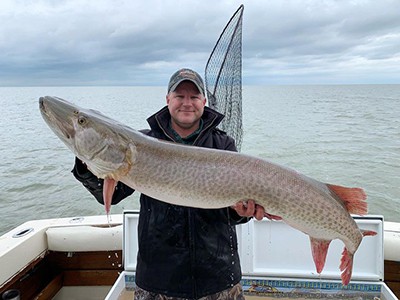
Leaving from St. Clair Shores, Michigan – Travel the Canadian waterways with Captain Kevin Backus, “MR. MUSKIE CHARTERS” for the day!
Lake St. Clair area offers many Ontario, Canada services such as transient marinas, fuel, and restaurants. Please search “Canada” on our site for several options to make your vacation reservations.


